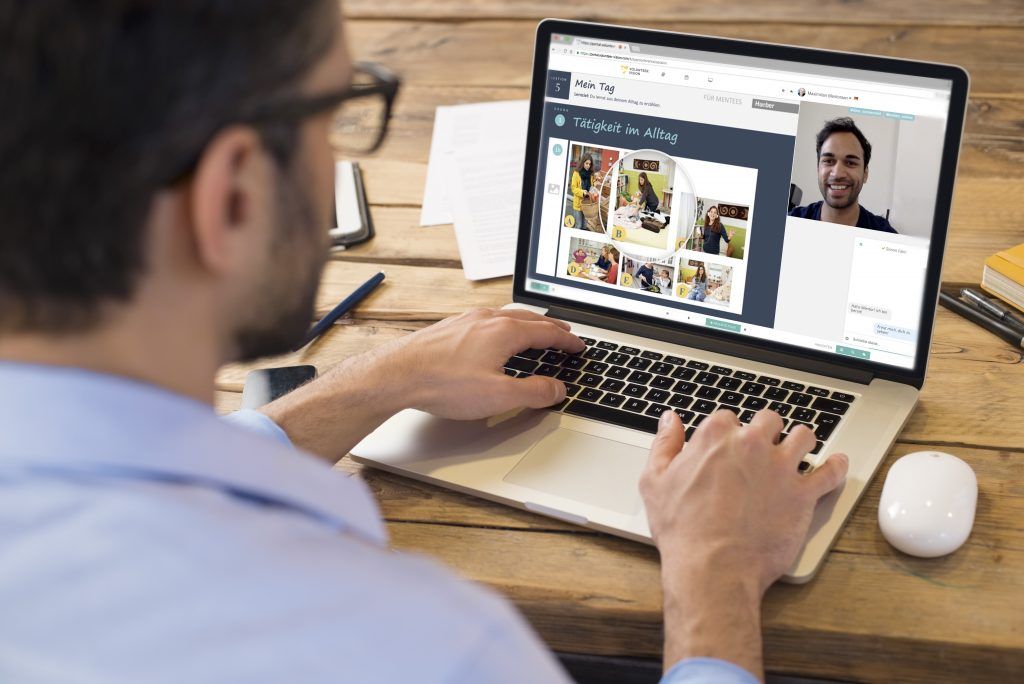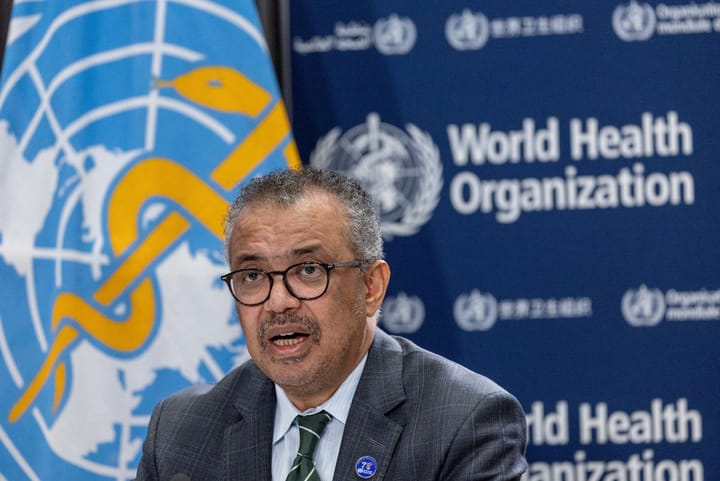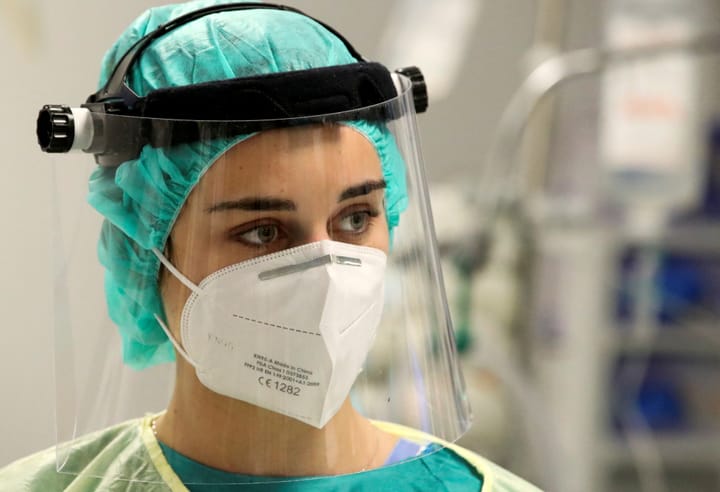Volunteering during COVID-19

A few minutes every morning is all you need.
Stay up to date on the world's Headlines and Human Stories. It's fun, it's factual, it's fluff-free.
The spread of COVID-19 has caused plenty of bad things – the closing of businesses, skyrocketing unemployment, quarantines, fear (and paranoia), sickness and death. However, one beacon of light in this pandemic has been the sense of community and benevolence we’ve observed across the nation.
Healthcare workers have been knighted with terms like “frontline worker” and “hero” in daily vernacular because they are working long hours, often without suitable personal protective equipment, among the sick (and dying) to help combat the spread of COVID-19.
Communities everywhere have come together to arrange food drives and donate supplies for people in need, a lot of whom are suffering because of massive job losses resulting from the nationwide shutdown.
For people who are able to contribute financially, a donation can go a long way. The new #allinchallenge has spread across social media and celebrities have donated large sums of money, valuable items and unique experiences like a day on set during filming or co-hosting the Ellen show.
Fans can enter to win by donating even small amounts to help with food relief efforts. But if money isn’t something you have to spare and you still want to help out, there are other ways to give back. We have some tips and suggestions if you’re on a budget but still want to do your part.
Virtual volunteering
Aside from funds, most charities and nonprofits need physical volunteers. Whether it’s for distributing supplies, running fundraising events, preparing meals or another hands-on effort, nonprofits heavily rely on helping bodies.
However, this isn’t the only or even the best way to help out. Consider instead leveraging your skills in a way that contributes to a cause. For professionals with a reduced job load or time to spare, this is the perfect way to get involved.
Nonprofits and charities often need people with a wide range of professional skills to accomplish their goals. From graphic designers to accountants, there is sure to be a role that can benefit from your talent or skills while giving back to the community.
A recent search of VolunteerMatch.org listed virtual volunteer opportunities like magazine editor, web-based developer, WordPress expert, financial literacy coach and research assistant. Aside from the warm, fuzzy feeling in your heart you get from helping out your fellow humans, this type of volunteering can have some of the same benefits as an internship.
For young professionals and students, this is a great investment of time. Not only will a volunteer position like this offer real-world experience, it can also enhance your portfolio or resume, give you a chance to network and make professional connections and potentially challenge and inspire you.
For virtual and skills-based volunteer opportunities, check out listings on sites like VolunteerMatch, Catchafire, DoSomething, United Nations Volunteers or PointsofLight. Or, contact a local organization that you want to help and ask them if they can benefit from any of your services.
Spread love, not COVID-19
If you are a hands-on kind of person and really want to get out there to physically help in a food drive, community outreach or some other relief effort, that’s great. However, if you’re not heeding safety guidelines or taking precautions, you could be doing more harm than good. There’s no sense in helping out your community if you are increasing the risk of transmission of the disease for yourself and others.
StudentsAgainstCorona is one organization that has popped up during the pandemic to engage the available low-risk population to help high-risk people stay out of harm’s way. Simple tasks like shopping for vulnerable people, pet care, donating blood or online tutoring are on the agenda but with a major emphasis on following expert guidelines and stringent codes of health safety in order to make this aid less risky to both volunteers and the community as a whole.
Co-founder Irina Filz von Reiterdank told Forbes, “The new initiatives don’t focus so much on the hygiene part. They focus on the help part … If you don’t do the hygiene part, you might as well not help. I mean, it’s even better if you don’t help in that case.”
However you decide to help out, make sure you are taking care of both yourself and others. By practicing health safety, not using PPE or medical supplies that healthcare workers desperately need and taking inventory of the most effective way you can lend a hand, we will all get through this together.
[article_ad]
This article may contain products and services from advertising partners of The Millennial Source.




Comments ()